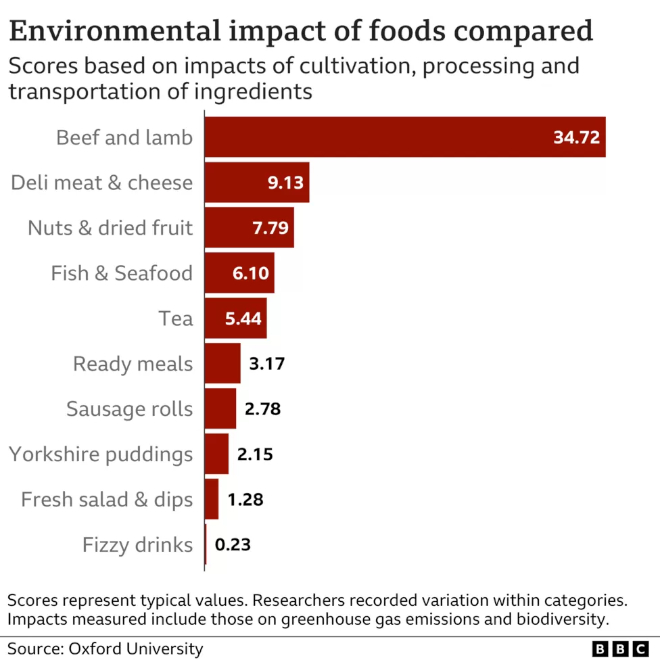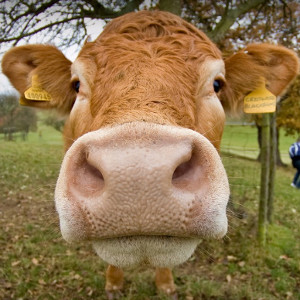A very-long-term study of western eating habits reveals that providing for and consuming what we call the Western Diet is hurting the planet. Aside from their nutritional weaknesses, our traditional eating habits have degraded our environment…

X
The study, by researchers at McGill University and the International Food Policy Research Institute, analysed 60 years of records chronicling what our farmers have produced, and what we have been eating. And the result was what an elementary schoolteacher might rate as a D-minus.
The central theme
The essence of the study report is that Europeans and North Americans have been consuming an unhealthy diet for generations. And producing the foods to supply that diet has harmed the environment disproportionately in relation to the benefits derived. Your basic fundamental double whammy.
The bottom line is, the current Western Diet is not only unhealthy but unsustainable. We already knew that. But we’ve been getting the news peacemeal, in snippets and newsbites, week to week, and month to month. When you see it summed and stated starkly, it really hits home.
Alarm bells
The study set off ‘alarm bells’ on the environmental impacts of trying to sustain the Western Diet in changing times. Specifically, the results highlight that, while animal-based foods constitute a relatively small portion of the overall food supply, they generate a disproportionate amount of environmental degradation. But that’s not all…
“One of the study’s most striking findings is the evident imbalance in the Canadian food supply,” says Lead Study Author Dr. Vincent Abe-Inge of McGill. “There’s a conspicuous overabundance of red meat and sugar, products that have long been associated with various health issues when consumed in excess. Conversely, there’s a notable deficiency in healthier alternatives like nuts, legumes, and vegetables.”
The implications
“On the health side, the excessive availability of red meat and sugar correlates with rising incidences of obesity, heart disease, and diabetes,” an abstract of the study findings states. “From the environ-mental perspective, the over-reliance on animal-based food production exacerbates climate change, biodiversity loss, and resource depletion.”
A pretty gloomy outlook, to say the least. But the report also offers recommend-ations and possible solutions to the predicament:
“The study advocates for strategic measures to realign the food supply with dietary recommend-ations, including the taxation of unhealthy foods to discourage excessive consumption and investments in sustainable food production practices, particularly in plant-based foods.
“The researchers hope the findings of this study will serve as a clarion call for policy makers, stakeholders in the food industry, and consumers alike.”
My take
I confess to having been more surprised than I expected to be by the study’s findings. And they strike home with me more urgently than I had allowed before. Frankly… I thought the real food sustain-ability crunch would not hit home until after I was no longer of this earth. More like, ‘in this earth’.
But I now feel a pressing need to accelerate the changes I’ve already anticipated in my own shopping and eating habits. I want to eat healthier, of course. And I think I do. But I always try to do better. And I now want to do better sooner…
~ Maggie J.

